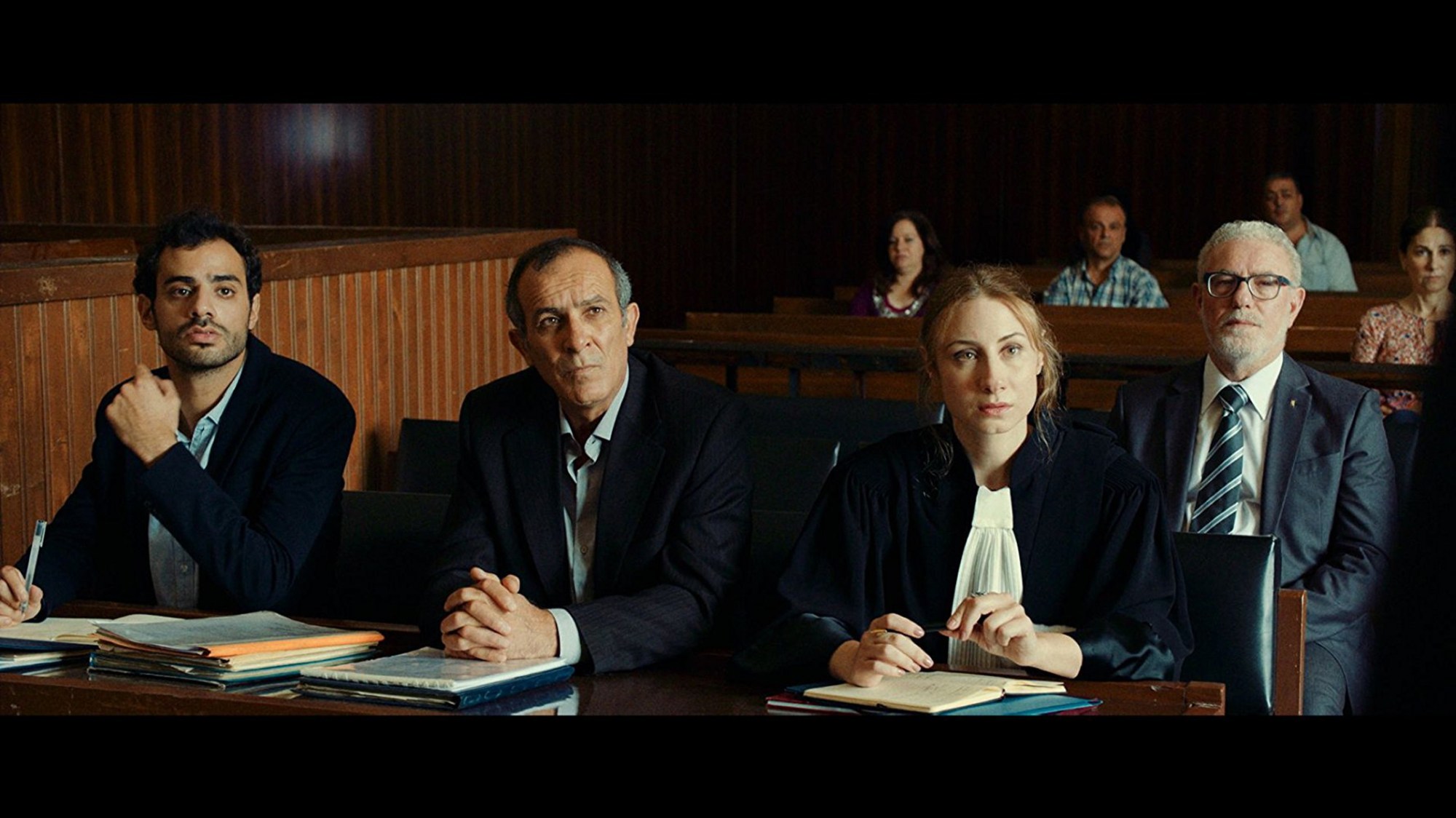
- Golden Globe Awards
Insult, The (Lebanon)
What started as a banal insult escalates into civil unrest and riots in this edgy and unpredictable drama by Lebanese director Ziad Doueiri, which premiered at the Venice Film Festival. Two men from different cultural backgrounds exchange harsh words about an inconsequential issue, which gets blown out of proportion and leads to dangerous consequences in a story that provides a profound look at the historical trauma that has shaped modern Lebanese society.Tony (Adel Karam), a Christian, lives with his pregnant wife in an insular community where Palestinian refugee Yasser (Kamel El Basha) has been assigned to fix building code violations. Yasser informs Tony about the need to fix a drainpipe protruding from his building. Tony tries to ignore the request, but Yasser presses on anyway. Tony lashes out, destroying the handyman’s work, and Yasser responds with a vulgarity; Tony goes to Yasser’s boss, demanding an apology that Yasser won’t easily give.When an attempt at reconciliation between the men is organized, it leads Tony to go off the rails with a racially charged epithet that strikes at the root of Yasser’s Palestinian background. Violence ensues, charges are filed, and both men end up in court for a showdown that progressively draws national attention. As Doueiri assembles these details, the movie keeps expanding a remarkable window into the resentment which fuels Middle Eastern strife. Riots break out in the streets, pundits argue on television, and the men land an unlikely pair of dueling lawyers.The Insult is a cautionary tale about the fragility of Lebanon’s society after a 15-year civil war, which ended in 1990. In a country that has been historically part of Middle Eastern tensions, this film is a bold statement of what human nature can be when men push buttons, as well as how difficult it can be to resolve a dispute in a calm manner if an apology is seen as an admission of weakness. The Insult can be perceived in its final minutes as an appeal for national unity.Doueiri makes the ride interesting by not allowing the spectator to completely take a side on whom to blame on this conflict, in part because of the two protagonists’ realistic performances.

